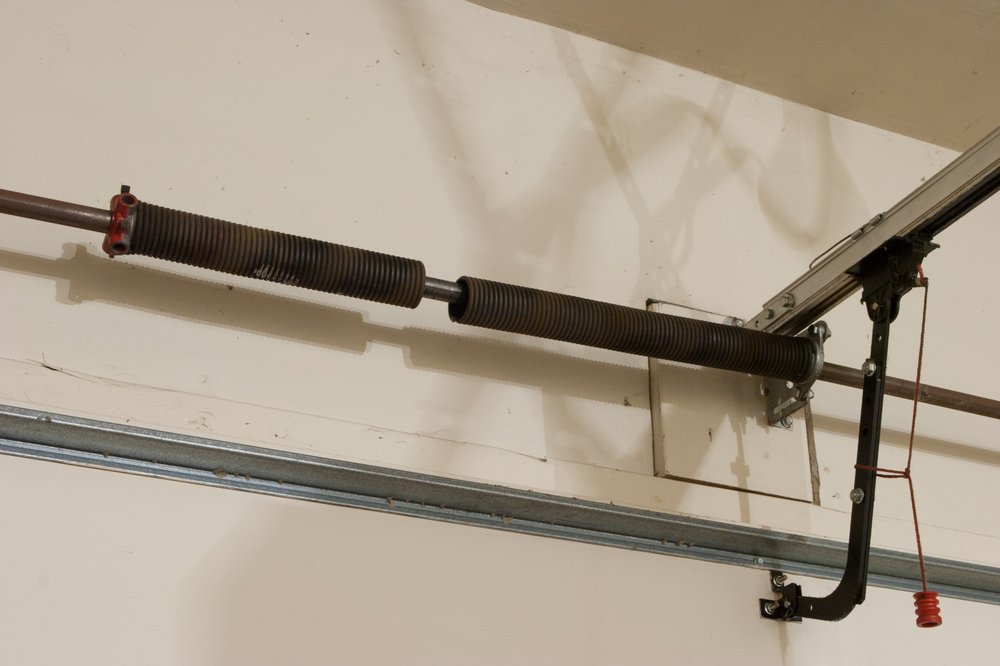Options for Insulating Your Garage
One of the best ways a homeowner can protect the contents of their garage is by installing insulation. The constant fluctuation of temperatures that can occur in an uninsulated garage are not only potentially damaging to the items stored inside, they’re also a drain on your energy bill, and they can contribute to garage condensation, an issue that comes with its own set of potential concerns.
The list of good reasons to insulate your garage is a fairly long one, and you don’t even need to be a professional contractor to install it yourself, but there are a few different aspects of garage insulation for you to consider before you buy your materials and get to work.

Different Types of Insulation
The type of insulation you’re going to need for your project is dependent on whether or not you have drywall installed in your garage. If you haven’t installed drywall but plan on it, consider batt insulation, a form of insulation produced in long blankets that are relatively easy to install. If you already have drywall up, look into loose-fill insulation, loose material that can be inserted into existing drywall using special blowers. If you don’t plan on installing drywall, you can use batts, but be sure to purchase encapsulated ones so that the insulation material is not exposed.
It’s also important to consider R-value when choosing your insulation to ensure that your garage is actually able to hold the amount of heat you expect it to.
Different Insulation Materials
There are a few different types of materials you can use to insulate your garage. The best one for your project will depend on your specific goals, your garage’s particular features, and your budget.
Fiberglass
The most popular material for insulating homes, and the most affordable, but with a lower R-value than most other options. Comes in batts and loose-fill.
Cellulose
Loose-fill insulation generally made from recycled materials such as newspapers and cardboard. If you’re environmentally conscious, and have already installed drywall in your garage, this may be the option for you.
Rigid Foam
Insulation often made from expanded polystyrene that comes in sheets. High R-value makes it useful for anyone looking to turn their garage into a living space.
Insulating Your Garage Door
Your garage door let’s out most of the heat in your garage, so insulating it is a must. You can purchase a garage door that comes insulated, but if you already have an uninsulated one, you can still install insulation yourself. You can either purchase a garage door insulation kit or you can take a more DIY approach using fiberglass batting or rigid foam board.

